Hamas, which was formed under the leadership of Imam Ahmed Yassin in 1987 from local members of the Muslim Brotherhood, operates on Sunni Islamic fundamentalist foundations and has denied Israel's right to exist from its inception.
Hamas is considered a terrorist organization by a large part of the world, including in the European Union. The group does not enjoy unequivocal support in the region either: Jordan and Egypt also see them as terrorists, the latter, following Israel's example, hermetically sealed off its border at the southern end of the Hamas-led Gaza Strip,
said Laszlo Dornfeld, who revealed that the organisation gradually radicalized, and in 1991 established the Al-Qassam Brigades, which are the armed wing of Hamas. The terrorist organization has been carrying out classic terrorist attacks since 1994, with the broad support of the Palestinian people.
As for Hamas, the expert says, it is important to note that they came to power in Gaza in 2006 through elections considered democratic by foreign observers, and also have a large support base in the West Bank. Despite this, the group is considered a terrorist organization by several Arab states in the region.
Hamas's main external supporter is Iran, a Shia Islam country, but the common goal of the destruction of Israel overrides these religious differences. Qatar is also an important external supporter of the terrorist group. In addition, Hamas has close ties with other Islamic terrorist organizations active in the region, such as Lebanon's Hezbollah,
Dornfeld noted, pointing out that the strengthening of Hamas is attributable to two factors: on the one hand, its relentless promotion of the fight to abolish Israel, and on the other, its focus on targeting the poorer sections of society by maintaining educational and health institutions, and instilling the virtue of martyrdom in young people from an early age;
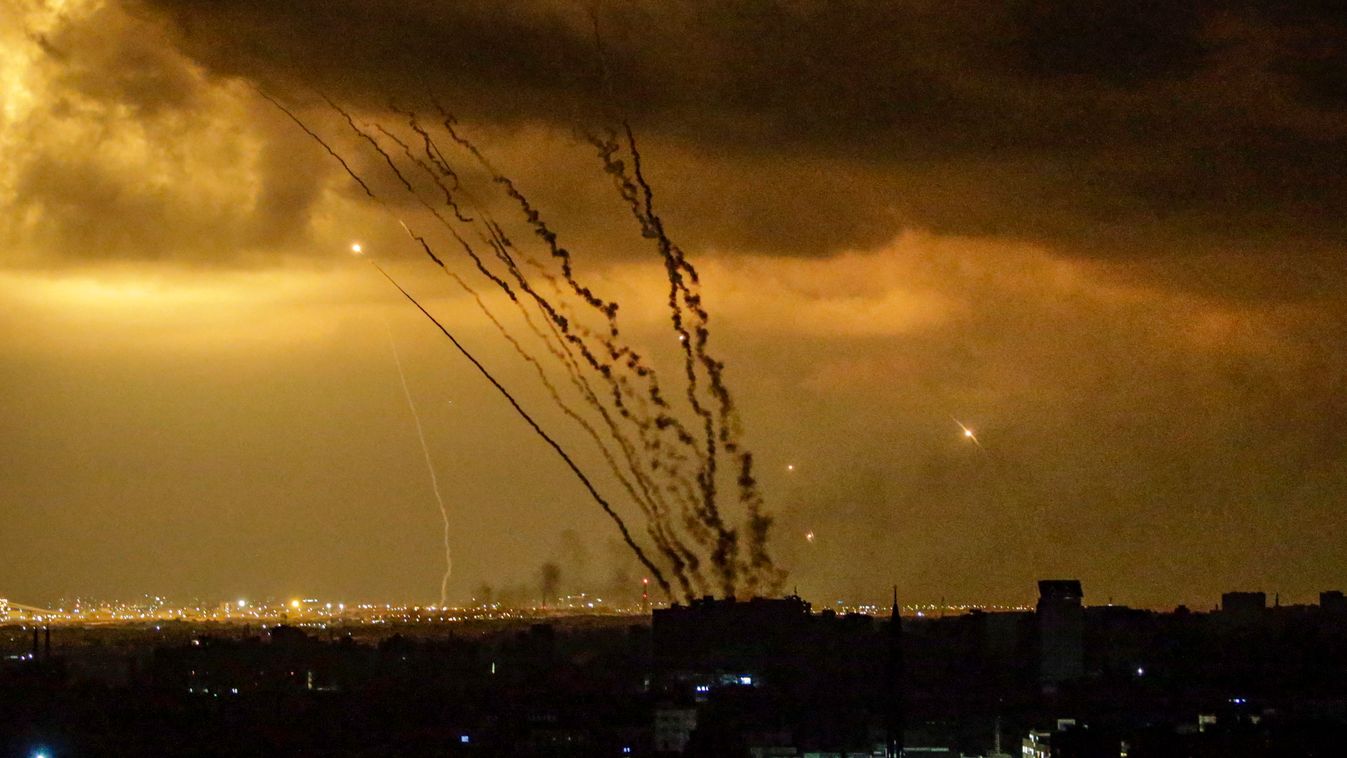





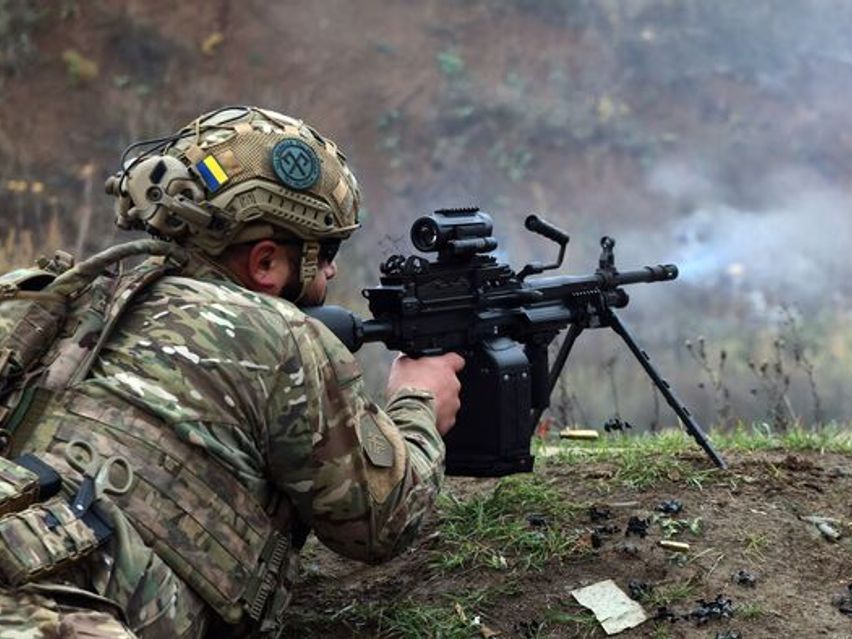
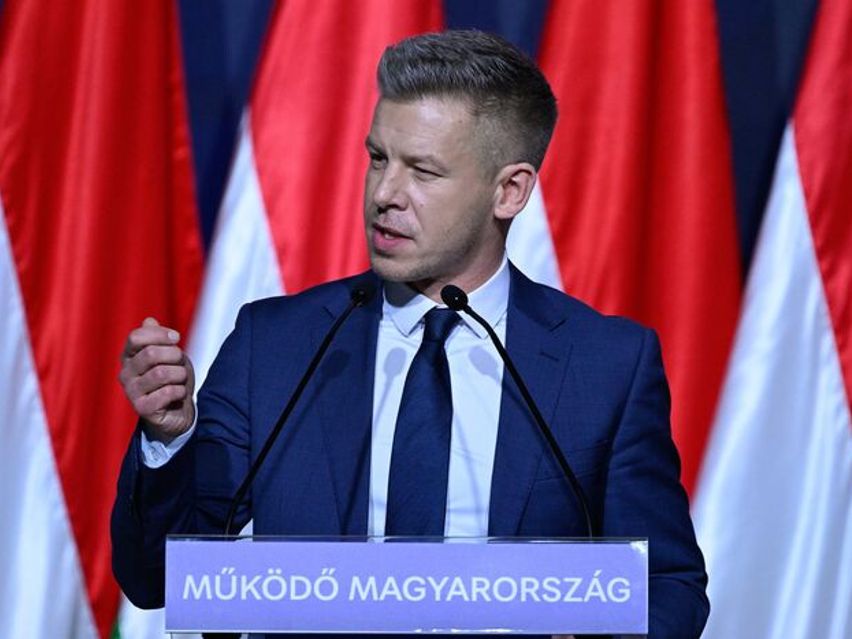




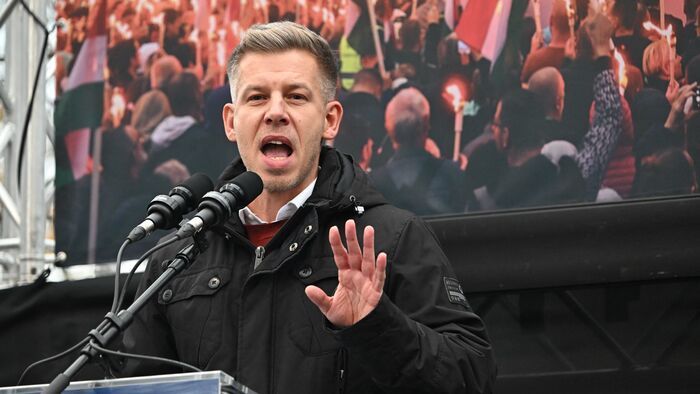


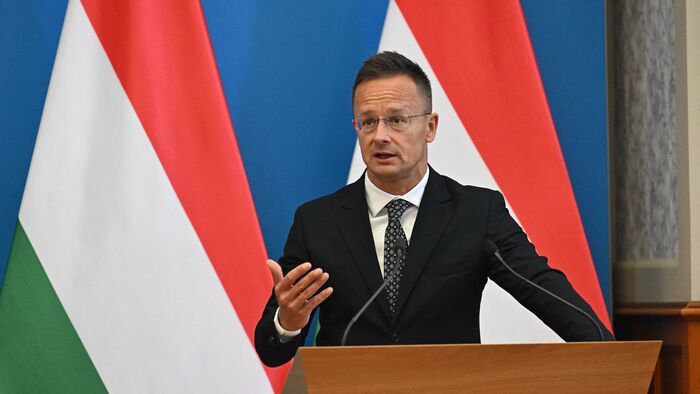







Szóljon hozzá!
Jelenleg csak a hozzászólások egy kis részét látja. Hozzászóláshoz és a további kommentek megtekintéséhez lépjen be, vagy regisztráljon!